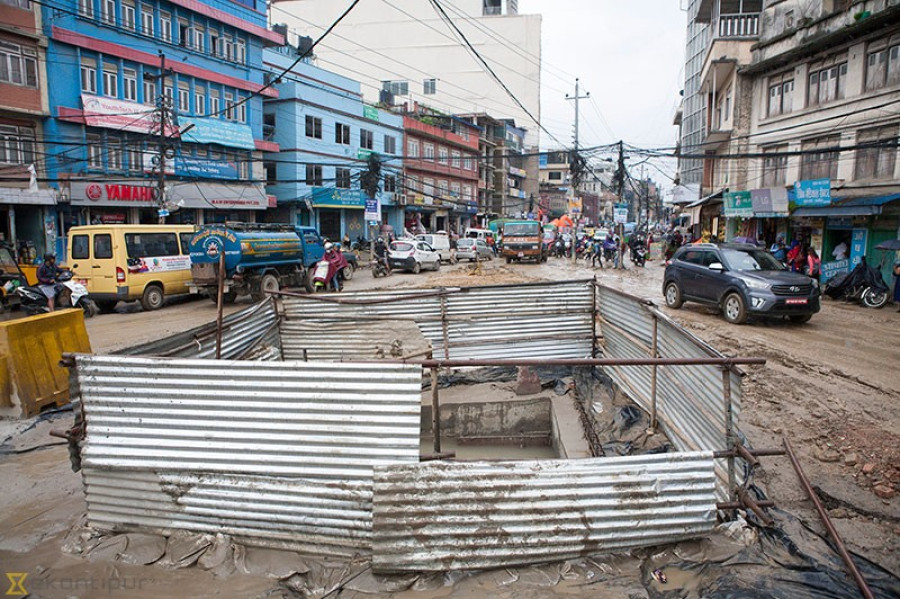Editorial
No more cash on the nail
The government’s decision to grant mobilisation advance to contractors only after they commence work is much-needed.
In a welcome move, the government has decided to grant the mobilisation advance to contractors only once the construction starts. The practice earlier was that contractors would receive the mobilisation advance once they got the tender. There is the tendency among contractors to utilise the advance payment meant for beginning work in other purposes such as land purchase for quick profits. What’s more, if the contractors received 20 percent of the total cost as mobilisation advance, that cost has now been reduced to only 10 percent. All over the country, different contractors have received Rs23 billion in advance but have failed to start the construction work.
As per Clause 113 of Public Procurement Regulations, the public entity can provide advance payment up to 20 percent of the contract amount against bank guarantee. Contractors also get 15 percent in overhead costs on top of the estimated cost. Since the funds they have been receiving is enough to start the work, regular misuse warrants the government action.
For years, the government has been a mute spectator as contractors failed to complete development works on time and indulge themselves in malpractices. While the Home Minister last year did say that the government will take strong actions against slowpoke contractors, not much has been done. what's more, the Department of Roads in December 2018 mulled confiscating an advance payment guarantee of contractors, including that of politically connected contractors, for poor performance on a number of road projects. But nothing has come out of it yet either.
Big contractors who have connections with politicians and leaders continue to flout rules but tend to get spared. According to the 55th Annual Report of the Office of the Auditor General (OAG), 231 road contracts worth Rs3.86 billion remained incomplete as of the fiscal year 2016-17.
For example, Pappu Construction—notorious for winning contractors for public construction but barely finishing them on time and building substandard bridges—snagged 41 bridge construction contracts along with its joint venture partners last year. But the company has missed the deadline on 25 deals, while progress in all the remaining projects is less than satisfactory. The construction of Lalbakaiya River at Tikuliyaghat in Rautahat district is a classic example. The construction company was awarded the contract four years ago with a completion deadline of July 2017, but it has barely finished putting up the full structure of the bridge.
Contractors are expected to exhibit a high level of ethics and finish their work within the deadline. When the money given for the construction of public constructions is misused it gives rise to a negative trend. And this very negative trend affects the role of the construction industry in enhancing the economic growth and good governance in the country. The government's decision to granting mobilisation advance to builders only after they commence the construction is a much-needed move. But the government should stick to its decision and not succumb to political pressure.
***
What do you think?
Dear reader, we’d like to hear from you. We regularly publish letters to the editor on contemporary issues or direct responses to something the Post has recently published. Please send your letters to [email protected] with "Letter to the Editor" in the subject line. Please include your name, location, and a contact address so one of our editors can reach out to you.




 9.89°C Kathmandu
9.89°C Kathmandu














